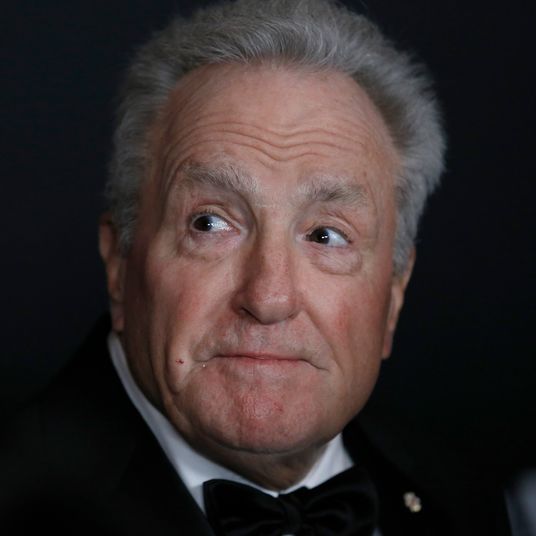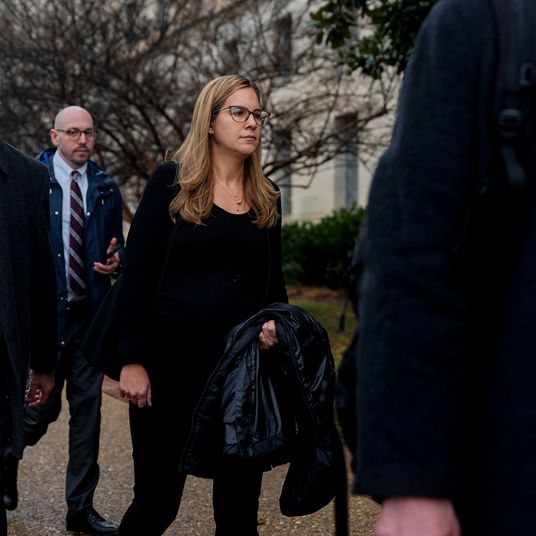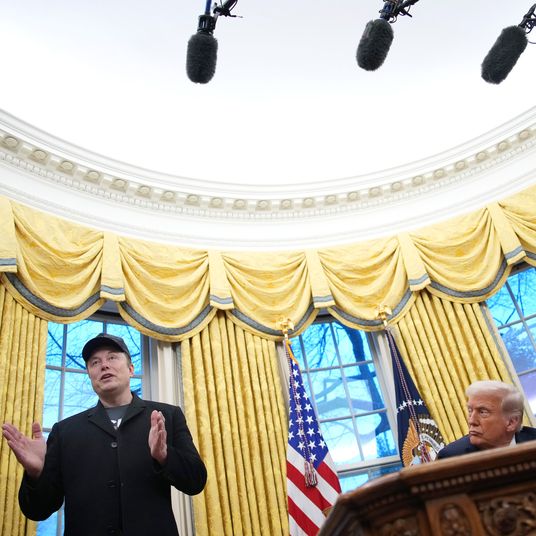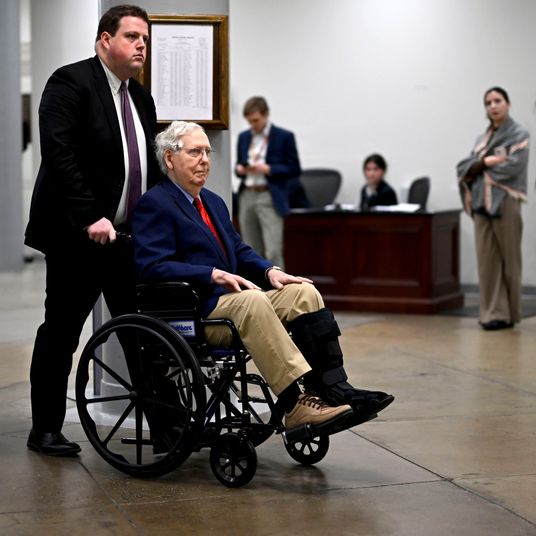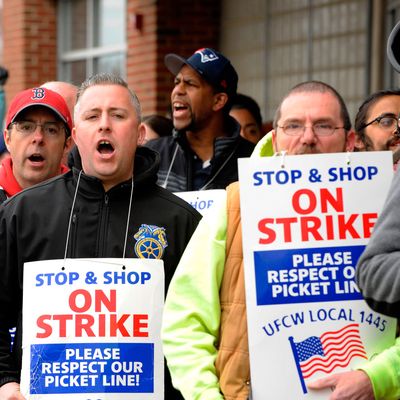
Forty Senate Democrats joined 100 of their House colleagues on Thursday to introduce a sweeping new piece of pro-union legislation. The Protecting the Right to Organize Act, or PRO Act, would shore up workers’ rights to strike, to organize, and to pursue litigation against employers that violate their rights. More specifically, it would ban employers from forcing hires to sign away their right to pursue collective or class-action litigation and from permanently replacing workers who go on strike. It would also require employers to begin bargaining a contract no later than ten days after a union has been certified.
The PRO Act has seemingly united ideological factions of the Democratic Party; its list of co-sponsors includes centrists like Democratic leader Chuck Schumer and progressive stalwarts like Representative Pramila Jayapal. Though the bill has no hope of passing a Republican-controlled Senate, it, like H.R. 1, is useful as an exercise in party-identity formation — a clear sign that Democrats want to shore up their pro-worker bona fides. The bill may also be useful to aspiring Democratic presidents. Josh Eidelson of Bloomberg reported on Twitter that the PRO Act’s Senate co-sponsors include presidential hopefuls Bernie Sanders, Elizabeth Warren, Kamala Harris, Cory Booker, and Kirsten Gillibrand. As the field of Democratic candidates continues to expand, Sanders, Warren, Harris, Booker, and Gillibrand have all attempted to position themselves on the party’s left flank, though some of their efforts have been more detailed — and more progressive — than others. Labor’s support will be vital not only to a successful primary race but also to victory in the general election. By co-sponsoring the PRO Act, these candidates have committed themselves publicly to a dramatic reform of the National Labor Relations Act.
The PRO Act did not form itself in a void. Many of its provisions appear to be based on the Workplace Democracy Act, which was introduced last year. As Eidelson reported at the time, the WDA would have repealed state right-to-work laws. The PRO Act, similarly, would ban the practice of free riding, where workers eligible for union membership benefit from a collective bargaining agreement without paying fair-share fees to cover the costs of the union’s work. The PRO Act would also strengthen the right to strike by protecting intermittent strikes, when workers carry out a series of short-term walkouts to increase pressure on an employer, and by ending prohibitions on secondary strikes, known as solidarity strikes. For examples, when Stop & Shop workers went on strike last month, they launched a primary strike under the auspices of their union, the United Food and Commercial Workers. Then truck drivers represented by the Teamsters refused to cross picket lines to deliver goods to Stop & Shop locations. Teamster contracts often include the right to conduct solidarity strikes, but if the PRO Act ever becomes law, it would expand that right to the labor movement writ large.
The bill asserts that prohibitions on solidarity strikes violate workers’ rights to free expression. “Workers must be free to act in solidarity with workers in other workplaces in order to improve labor standards and achieve other lawful ends for mutual aid or protection,” it reads. Formally protecting the right to conduct a solidarity strike would greatly enhance labor’s leverage over recalcitrant employers, a move in keeping with other provisions in the act that would curtail employer power at work. The bill would ban employers from forcing workers to attend anti-union meetings, and from “misclassifying” employees as independent contractors in a bid to skirt labor protections.
The Teamsters have already endorsed the legislation, saying in a statement that it would “restore fairness to the economy at a time when income inequality has stifled the ability of far too many hardworking Americans to earn a decent wage that allows them to support their families.” The Economic Policy Institute, a left-leaning think tank, also praised the bill. “The PRO Act is an important effort to bring U.S. labor law into the 21st century — giving working people more power at a time when it is desperately needed,” Celine McNicholas, EPI’s director of government affairs, announced in a public statement.
A well-funded, well-organized network of right-to-work groups will likely challenge the PRO Act if it ever becomes law, and the U.S. Supreme Court’s ruling in Janus v. AFSCME doesn’t encourage confidence in the outcome of any potential litigation. Challenges notwithstanding, the PRO Act would significantly improve the state of workers’ rights in the United States, and the labor movement will expect Democrats — and eventually, the party’s presidential nominee — to keep the promises they’ve made.






